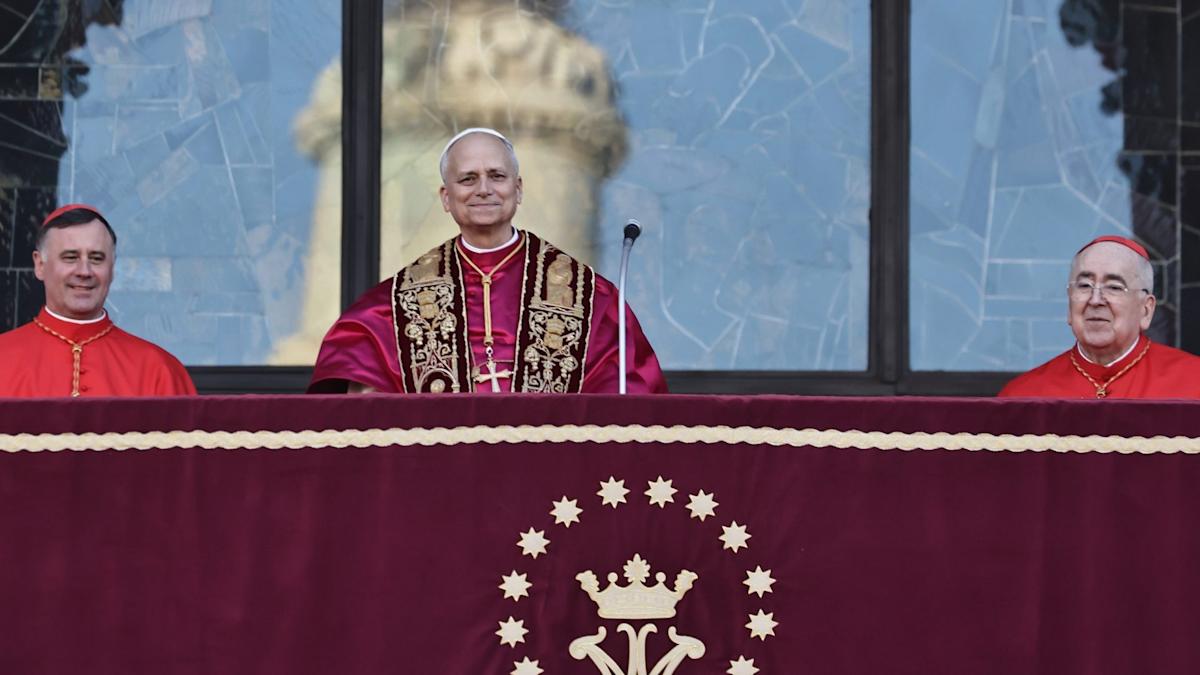If you think your tax bill is high, try being the new pope — Pope Leo XIV has the distinction of not only being the first American pope, but possibly the first one to have to pay U.S. taxes on the generous salary he is offered.
Find Out: Trump Wants To Replace Income Taxes With Tariffs: 2 Impacts on the Middle Class
Powered by Money.com – Yahoo may earn commission from the links above.
Read Next: 10 Unreliable SUVs To Stay Away From Buying
The U.S. requires its citizens living abroad to pay taxes on their income, no matter where they earn it. And while the Chicago-born pope (formerly known as Robert Prevost) has not lived in the U.S. for a long time, he is still technically a U.S. citizen, according to Fortune.
For those who wonder if the Catholic Church’s spiritual leader could get a pass on taxes, given that churches are exempt from paying them in the U.S., if he does have to pay taxes, it could add up to a significant amount.
Edward A. David, an assistant professor in the department of theology and religious studies at King’s College London, told The Wasington Post, “[The] new pope is unlikely to be exempt from U.S. income taxes. U.S. tax law claims the right to tax all citizens on their worldwide income.”
Moreover, Timothy Fogarty, an accounting professor at Case Western Reserve University, told Fortune that there is no “blanket exception for religious personnel” and not even for diplomats or heads of state.
Learn More: 7 Tax Loopholes the Rich Use To Pay Less and Build More Wealth
Pope Leo XIV is entitled to a monthly salary of approximately 30,000 euros, which translates to about $33,000 or $396,000 per year. With no deductions, that could add up to as much as $135,287 in taxes, counting both federal and state self-employment tax.
While it’s a gray area to say that Pope Leo is a businessman or independent contractor, in general terms in the U.S., clergy members are considered self-employed when it comes to Social Security and Medicare. Thus, he may be able to write off business expenses, were he to take the salary, or he may be eligible for a few deductions. First, he could take the $14,600 standard deduction and possibly write off costs associated with housing in Vatican-provided housing (which could include housing expenses ranging from furniture to utilities).
One possible complication is that Pope Leo XIV’s American citizenship could potentially be seen as “offshore tax evasion” simply by the fact that he has accounts overseas. However, so long as he files a form 8938 with the IRS, he should be OK.
He also may have to file a Foreign Bank Account Report to the Treasury Department’s Financial Crimes Enforcement Unit on behalf of his role as the signing authority for the Vatican Bank. As of 2023, its holdings surpassed $6.1 billion.
